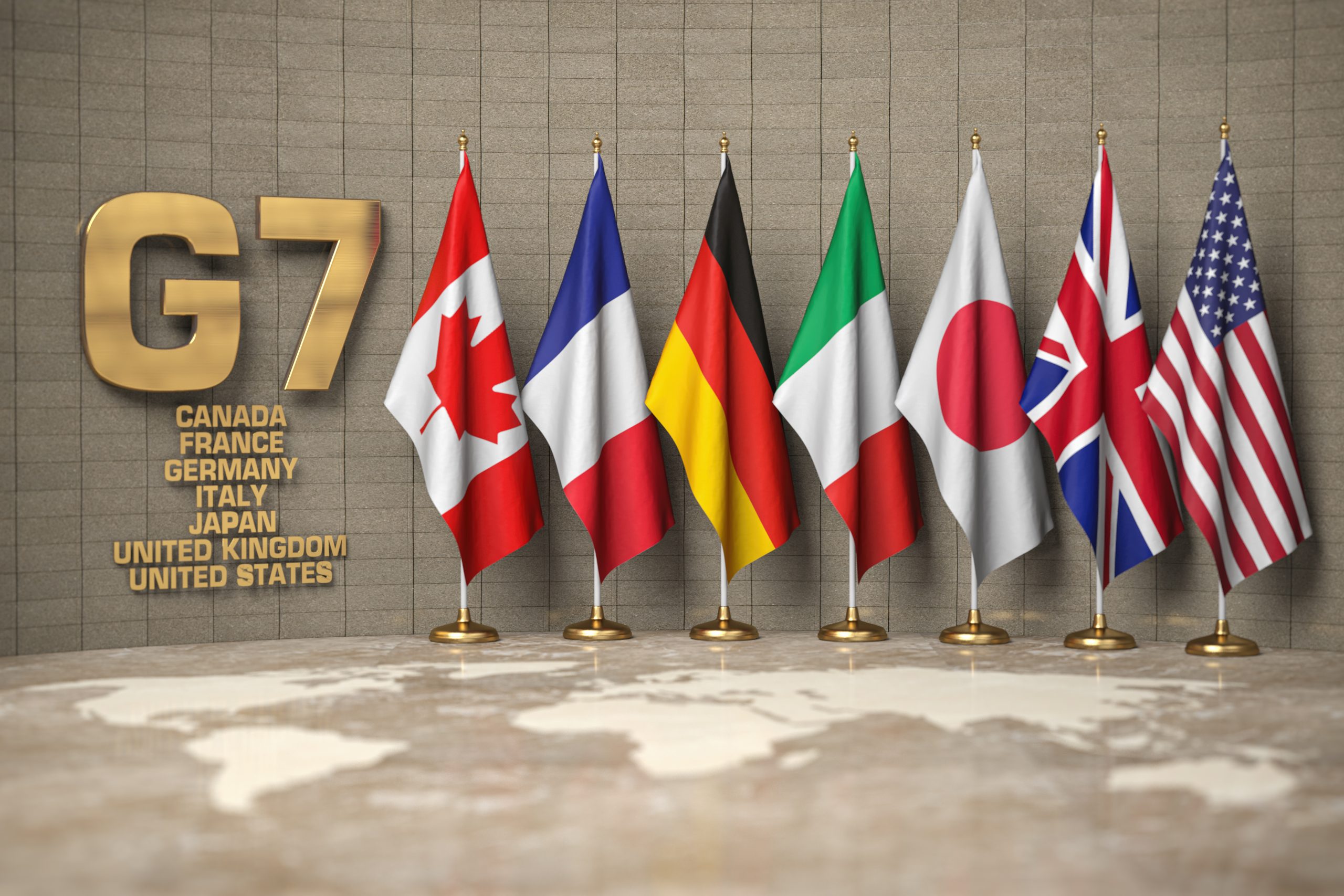
Abstract
The G7 and NATO summits were respectively held in Germany and Spain from 2022 June 28th to 30th. At the G7 Summit, the United States and its allies announced the launch of the Global Partnership for Infrastructure and Investment (PGII) initiative, which seeks to compete with China's Belt and Road Initiative. At the NATO summit, NATO listed China as a "systemic challenge" in its new "Strategic Concept" and invited four non-Atlantic countries to participate: Japan, South Korea, New Zealand and Australia. These signs indicate that the U.S. will not only continue to impose a "rule counterbalance" on China economically but will also transform NATO into an important policy tool to check China in terms of security. In response, China needs to further leverage the BRICS cooperation mechanism and emphasize its support for open and inclusive multilateralism. While China welcomes open cooperation and healthy competition, it also needs to strengthen conflict management with the United States to avoid a polarized world order.
Research Questions
-
How to address the strategic competition initiated by the US multilaterally?
-
How to address the American new Cold War strategy and support open and inclusive multilateralism?